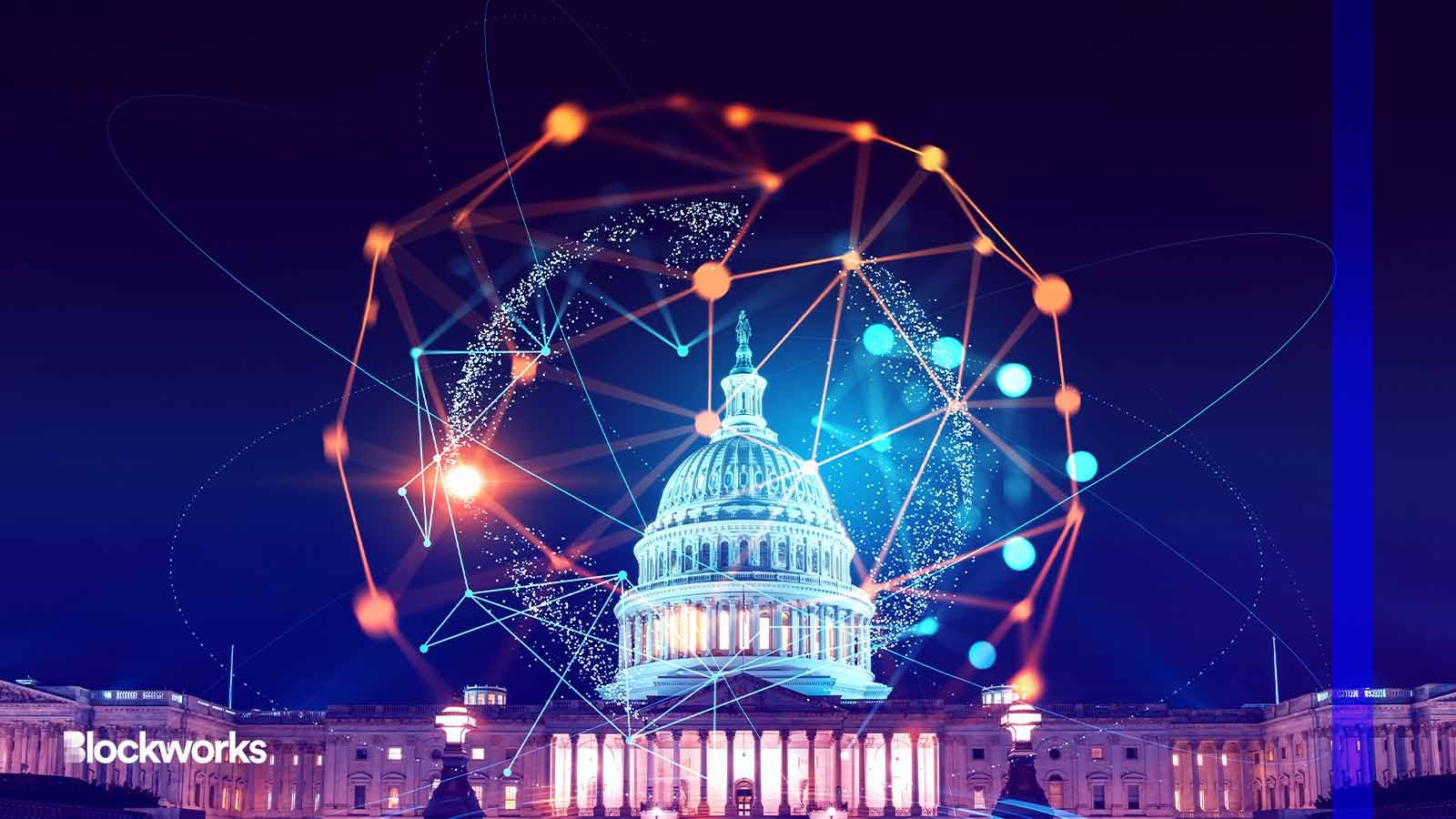Enforcement actions like Stoner Cats fill the legislative void, panelists say
Representatives from Bain Capital, Ledger, Paradigm and the Blockchain Association discussed how lawmakers and regulators approach Web3

VideoFlow/Shutterstock modified by Blockworks
Regulatory enforcement actions have become a fact of life for American crypto projects of all sizes, including big ones like Ripple Labs and smaller ones like Stoner Cats.
Tuongvy Le, a crypto partner and head of regulatory at Bain Capital, pointed out that a company like Ripple is simply in a better position to fight off regulators.
“Most projects don’t have those kinds of resources to litigate against the US Securities and Exchange Commission in court. And so what ends up happening is that the law remains very muddled,” Le said Wednesday at a panel during the Permissionless conference in Austin, Texas.
She added that Ripple, valued at $15 billion as of 2022, was one of the first players in the space to score some clarity on the US’ decades-old securities laws and the ways they pertain to crypto.
Its years-long legal brush up with the SEC resulted in a decision that, in part, contradicted Chair Gary Gensler’s thesis that most crypto tokens are securities. Rather, the judge in that case concluded that programmatic sales of XRP didn’t constitute the offer and sale of investment contracts.
Panelists repeatedly fell back to Stoner Cats, which was subject to an SEC action on Wednesday. As the panelists noted, the project didn’t have the capital or the backing to go toe-to-toe with the SEC.
Instead, the project, backed by Mila Kunis and Ashton Kutcher, settled for $1 million after being accused of offering an unregistered security.
Ledger vice president and global head of policy Seth Hertlein argued that the SEC couldn’t win its case against Stoner Cats in court.
“The accusations are incredibly flimsy and lazy, but Stoner Cats doesn’t have the resources to fight back. And so it’s much faster and cheaper for them to settle and basically burn down their project,” Hertlein said.
The Commodity Futures Trading Commission, according to Blockchain Association’s Ron Hammond, isn’t any better when it comes to pursuing a regulation-by-enforcement strategy, even though some have appeared as more reasonable to the agency.
“We’ve seen some enforcement actions, including last week, that are very troublesome and very worrisome,” Hammond said, referring to three DeFi projects the CFTC charged for allegedly operating unregistered trading platforms.
During the conversation, the panelists frequently returned to the notion that regulators are pursuing enforcement actions to make “pseudo-doctrine” where laws are absent.
Bain Capital’s Le said she hoped American policymakers who believe securities laws are clear begin to reevaluate their position in the face of what happened with Ripple.
Read more: SEC files Ripple appeal in challenge to XRP securities outcome
For new laws to be created, it’s crucial for lobbying firms like the Blockchain Association to get a foot in the door by forging relationships with congressional staffers, Hammond said.
“In Congress, we’re gaining a lot of allies,” Hammond said. “When I started, we only had like one or two Democrats or one or two Republicans, and now we have a whole army of folks in both the House and the Senate who are really fighting for this industry.”
Get the news in your inbox. Explore Blockworks newsletters:
- The Breakdown: Decoding crypto and the markets. Daily.
- 0xResearch: Alpha in your inbox. Think like an analyst.






